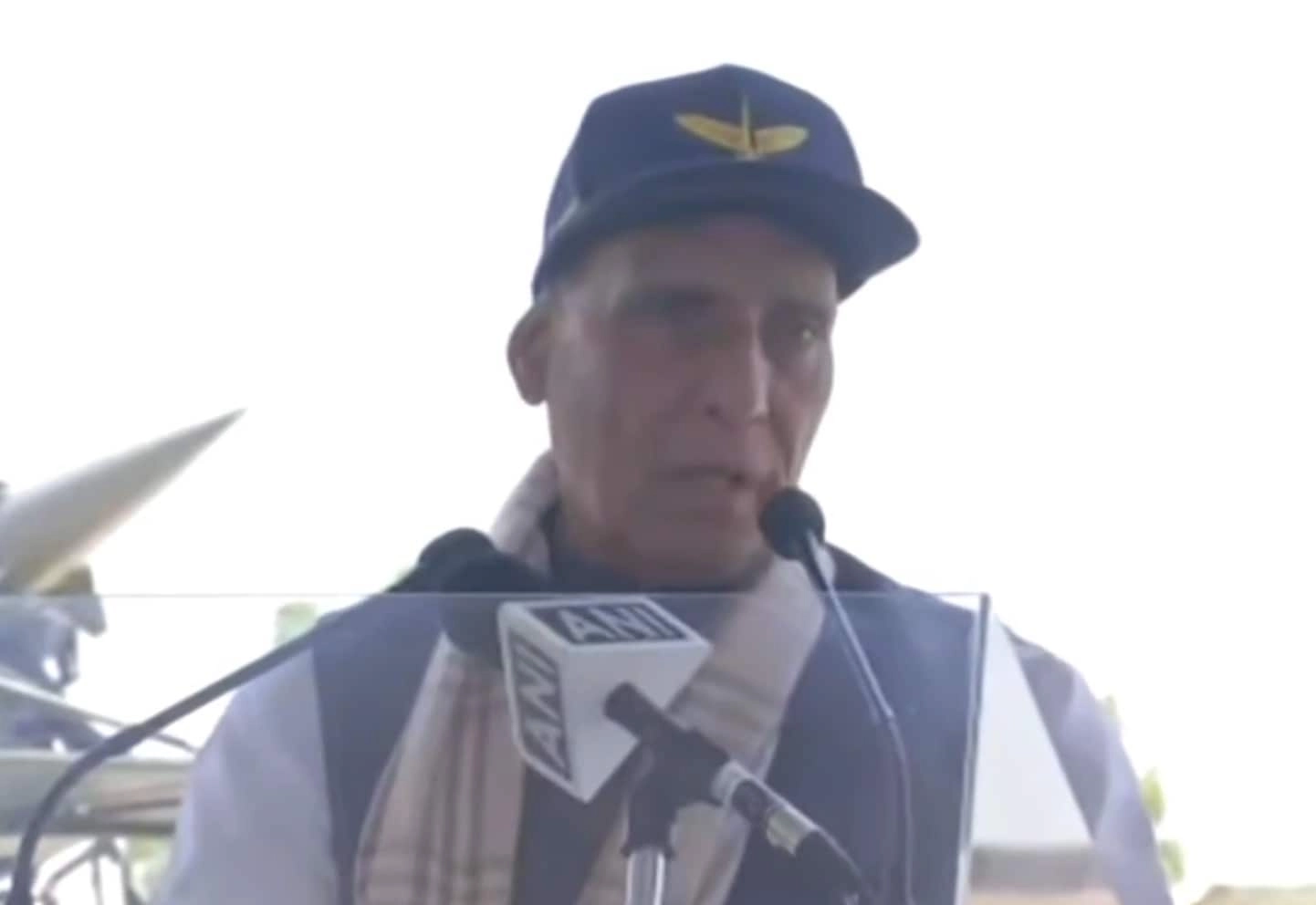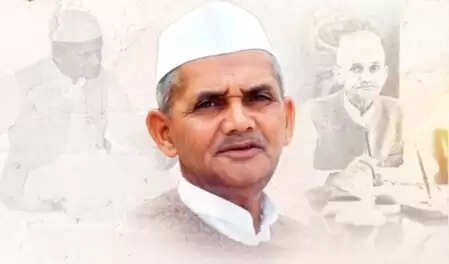In a significant statement addressing the ongoing challenges posed by terrorism, Indian Defense Minister Rajnath Singh has conveyed a crucial message to the International Monetary Fund (IMF) regarding financial aid to Pakistan. Singh underscored that any assistance provided to Pakistan, particularly in the form of economic support, could inadvertently facilitate the indirect funding of terrorism. This assertion comes amid growing concerns over Pakistan’s financial practices and its implications for regional security. The Indian government has long been vocal about the need for global financial institutions to exercise caution when extending aid to countries with records of supporting or harboring terrorist activities.
Rajnath Singh’s remarks highlight a broader discourse on the intersection of finance and security in South Asia. He emphasized that economic assistance must not only aim to alleviate poverty but also must be scrutinized to ensure it does not empower entities that pose a threat to global peace. The Defense Minister’s call to the IMF is a reflection of India’s proactive stance in countering terrorism and ensuring that financial resources do not end up in the hands of extremists. This message resonates with many nations that are increasingly aware of the need for financial accountability and transparency in the context of international aid.
The implications of Singh’s statement extend beyond immediate economic concerns; they touch on the strategic landscape of South Asia. By urging the IMF to reconsider its financial strategies with respect to Pakistan, Singh aims to galvanize international support for a tougher stance against states that may misuse funds for nefarious purposes. The Indian government believes that addressing the root causes of terrorism requires not only a military response but also a concerted international effort to disrupt the financial networks that support such activities. In this context, the role of international financial institutions becomes critical, as they hold significant influence over the flow of resources in the region.
As the global community grapples with the complexities of terrorism and its funding, Singh’s message serves as a reminder of the interconnectedness of finance and security. It urges stakeholders to adopt a more holistic approach that prioritizes the integrity of financial aid, ensuring it serves its intended purpose of fostering development rather than inadvertently sustaining violence. The call for vigilance in monitoring aid distribution is not just an Indian concern; it resonates with many countries facing similar challenges in their fight against terrorism. In light of this, the dialogue initiated by Singh could pave the way for more stringent measures and collaborative efforts to combat the financial underpinnings of terrorism across the globe.




